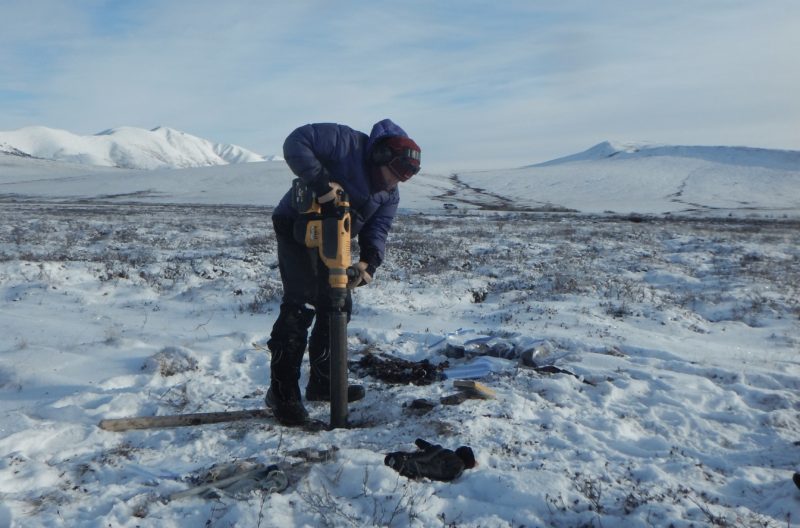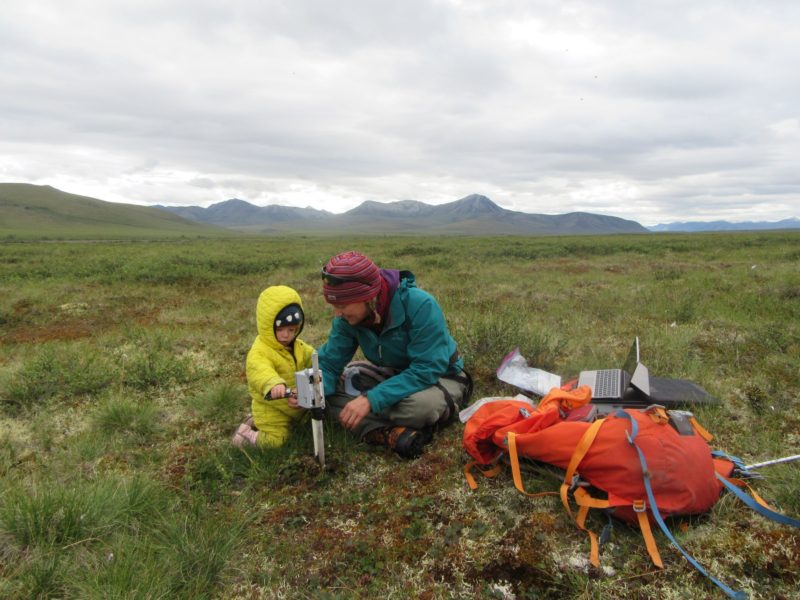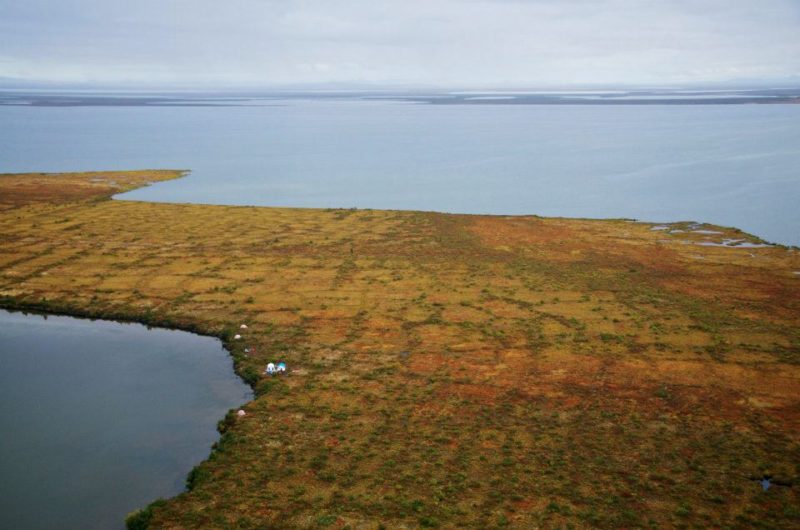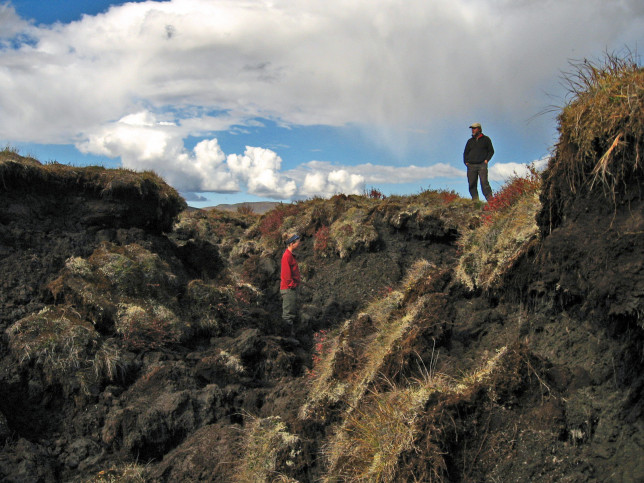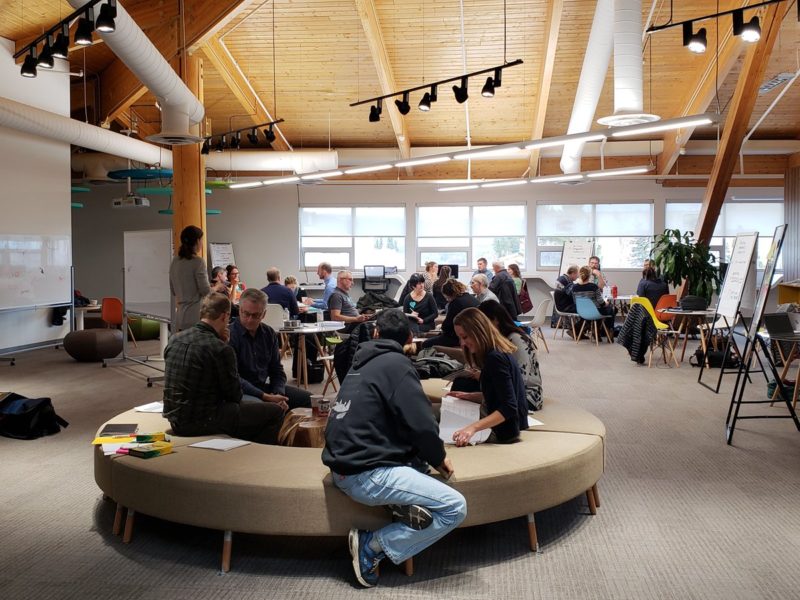On October 24th, Pascale discusses a recent article published by members of the Permafrost Carbon Network in Nature Communications on CO2 emissions from the ground during the freezing season in circumpolar permafrost areas.
You can hear the interview here: https://ici.radio-canada.ca/premiere/emissions/jonction-11-17
We just returned from collecting field data for a follow-up study aimed at better understanding the factors controlling soil microbial respiration during the cold season.
